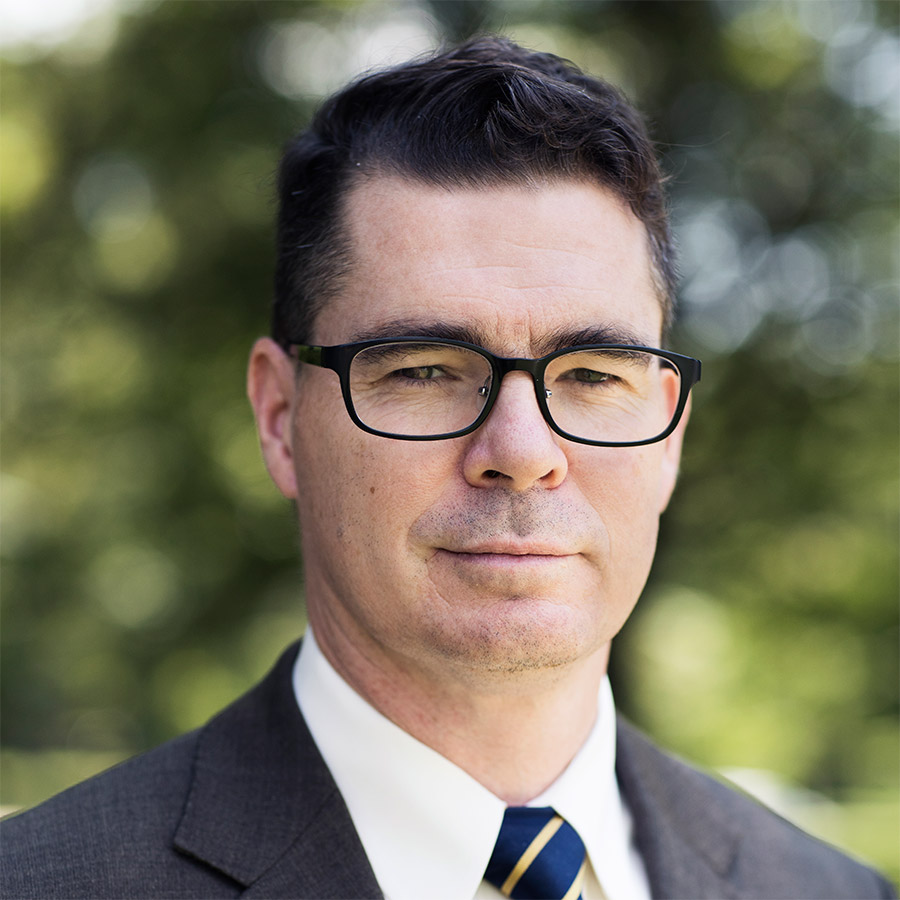“What is past is prologue.” These words are inscribed on the statue known as Future that stands in front of the National Archives building in Washington, D.C. The quotation is taken from William Shakespeare’s The Tempest. In Act 2, Scene 1, Antonio, the usurping Duke of Milan, tells Sebastian, the brother of the King of Naples, “What’s past is prologue.” Antonio was trying to convince Sebastian to kill his brother Alonso and take the crown, as Antonio had killed his brother Prospero. The idea here is that the past sets the context for the present and the future. Who our ancestors were and what they did establish the setting in which we move and have our being in the present. Our actions, attitudes, beliefs, and wishes will also make up the setting for the world our children and grandchildren will inhabit.
The year 2024 is now past. A new year dawns. It is hard to believe that we are saying goodbye to 2024. I was born in 1969, and for 30 years, the 21st century was a figment of my imagination. Now, this century is nearly a quarter of the way completed. What happened?
One of the great 20th-century champions of Western civilization, Richard Weaver, wrote in his book Ideas Have Consequences that the past comprises all our knowledge, the present is a thin line ever advancing, and the future is what we imagine about the days to come, made up of a composite of images from our past playing on the screen of the mind. As I write these lines, it is 6:52 p.m., George Winston’s album December is playing in the background, and my family members are in the house, all nursing the effects of bad colds. Every second that ticks by is becoming the past, while the present is steadily advancing into what a moment ago was the future. Now, the time is 6:55, and the line of the present continues its inexorable march.
We often think of history as an abstraction. We look at old photographs of people who are now dead. They often seem to stare back at us with expressionless faces. The dead seem so distant from us, inhabiting a world so different than our own as to seem almost unreal.
Click Here to Read More (Originally Published at World Magazine)
John is a professor of church history and philosophy and chairman of the Church History Department at The Southern Baptist Theological Seminary.

